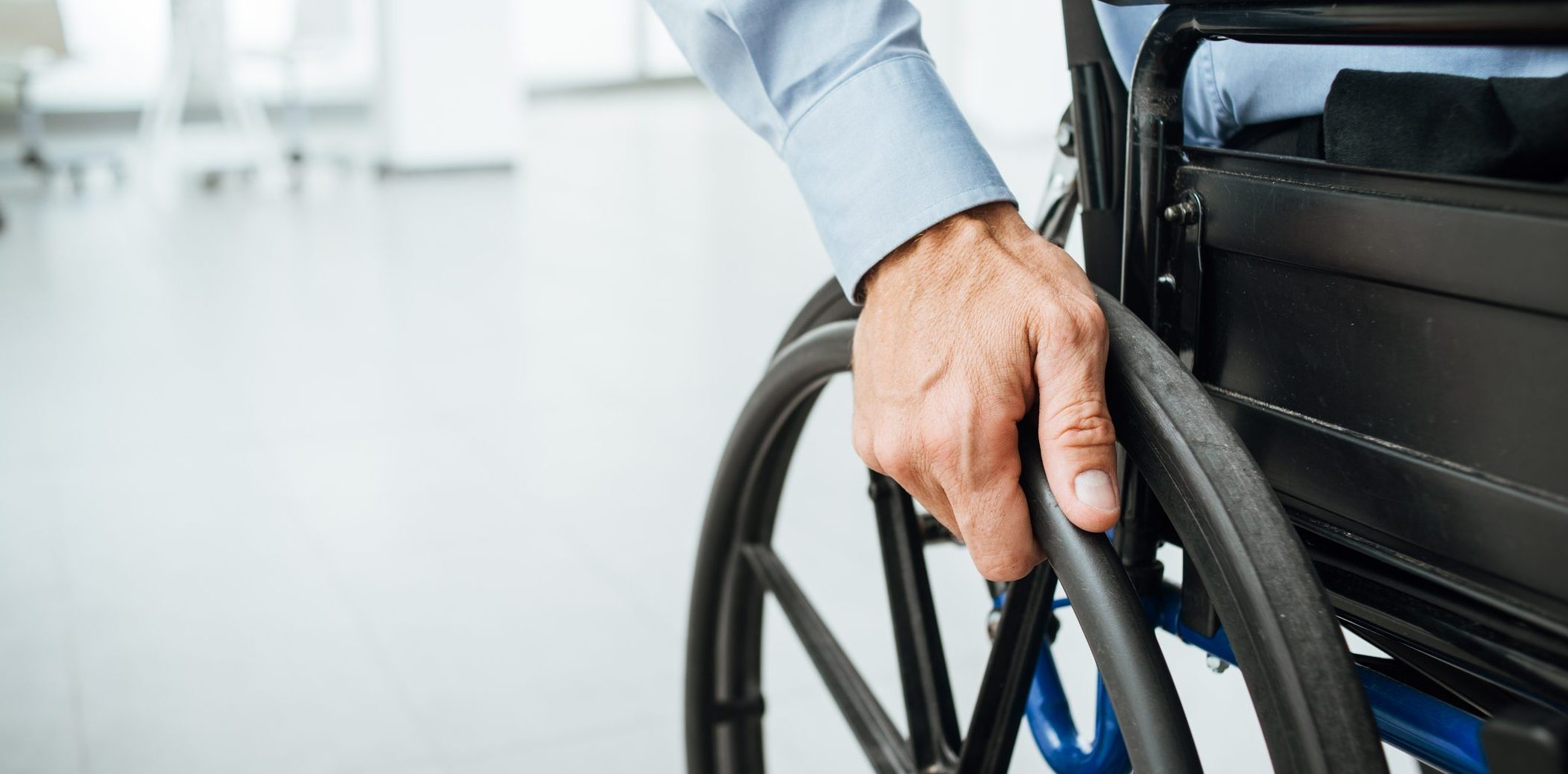When Rory Cooper was first injured in 1980 as a U.S. Army soldier stationed in Germany, his initial wheelchair was more antique than innovation. A truck had collided with him while riding a bike, and that incident left him paralyzed and confined to an 80-pound “steel behemoth.”
“[The wheelchairs were] very much like the veterans got in World War II,” Cooper said, though that war ended more than three decades earlier. The technology, he found, had progressed at a snail’s pace.
Still, he wouldn’t allow the challenges of paralysis to diminish the quality of his life. Instead, he became more motivated than ever. Thanks to financial assistance from the Veterans Affairs Department, he managed to make it through the not-always-wheelchair-accessible situations that came with his subsequent college years. Recently, he spoke about his life and goals with Christopher Dorobek, host of the DorobekINSIDER.
Cooper, who loved athletics as a young man, found a way to continue that passion, too. In 1983, his peer mentor — Tim Davis, a Marine who left the Tet Offensive in Vietnam as a bilateral amputee — took him to his first Veteran’s Wheelchair Games in California. The Paralympics have kept him engaged ever since.
“Through the support of the VA to get my college degree, and the veterans who were telling me about the challenges they had, and the VA’s opportunities to participate in sports, that eventually led to my recognizing that this could be a new career opportunity for me,” Cooper said.
He followed that recognition toward making a profound difference in the landscape of disabled-assisting technologies. In 1994, the Human Engineering Research Laboratories (HERL), his brainchild, secured a postdoctoral grant award from the VA that evolved into a merit review grant. Five years later, the VA selected HERL’s application to become a national center. Today it operates out of Pittsburgh.
Since its founding, the research center has pushed progress in fields of veteran care and recovery. Cooper and his team are credited with 25 patents for wheelchair technologies alone. For his work in the field, he won the science and environment category of the 2017 Service to America Medals (SAMMIES) last week. The way he sees it, the innovations will have lasting and widespread implications because more than 100 million people in the world rely on wheelchairs.
So far, Cooper and his team are responsible for such innovations as a wheelchair with robotic arms and grasping hands. They’ve also worked for years to enhance wheelchairs with the latest in electronics and operational mechanisms, and they’ve made them more comfortable and easier to adjust. The team altered designs to reduce injuries like carpal tunnel syndrome and rotator cuff strains, which have plagued wheelchair users in the past.
Cooper considers his profession a calling, which lends itself positively to the demands. He said HERL averages around five new patents every year. That efficiency is due at least in part to ensuring his is staff made up of 25 to 30 percent veterans or those with disabilities.
“They’re helping themselves, but they’re also helping other veterans and other people with conditions similar to theirs,” Cooper said. “That keeps us grounded and maintains the passion. And I think the other thing that helps drive us to be innovative is that we have engineers and physicians and nurses and therapists and counselors … on the team working together to help our wounded, injured and ill veterans.”
According to Cooper, the work completed at HERL allows previously excluded people to participate. For veterans and other individuals with disabilities, this upside is obvious.
But benefits exist for the taxpayer too, he said. Because the developing technologies at the laboratory are the kind to improve a person’s ability to live and function in the contemporary world, there’s reason to believe they will have a positive effect on workforce and education levels.
In a practical sense, Cooper’s legacy reflects his own outlook on life as it relates to disability: “It’s not so much about focusing on the life that you could have had, but focusing on the opportunities that lie before you. I mean, there’s still a lot of wonderful things that you can do in life, even with very severe illnesses or disabilities.”
Enjoying these stories of the federal government’s undercover heroes? Check out the other SAMMIE finalists and follow their successes here.





Leave a Reply
You must be logged in to post a comment.